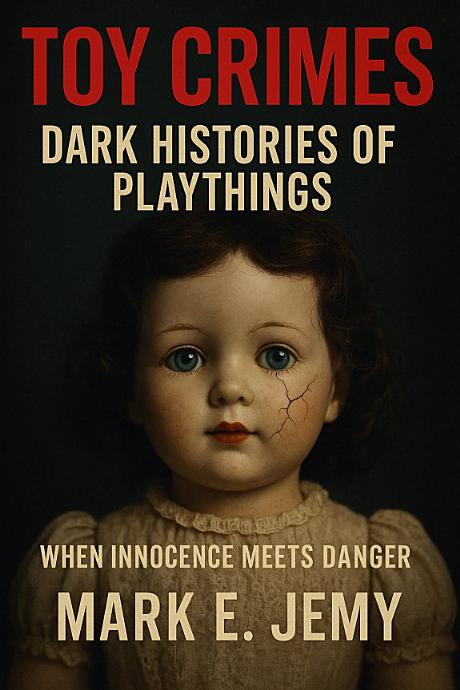Toy Crimes: Dark Histories of Playthings When Innocence Meets Danger
Toy Crimes: Dark Histories of Playthings
When we think of toys, images of childhood innocence and joy come to mind. However, beneath the surface lies a world teeming with stories that challenge our perceptions of these seemingly harmless objects. 'Toy Crimes: Dark Histories of Playthings' is a riveting exploration into the obscure and often unsettling tales that toys have to tell.
The Hidden Histories
From the creation of the first dolls to the mass production of action figures, toys have been an integral part of human history. But what happens when these symbols of innocence harbor secrets? This book delves into the dark histories of playthings, revealing crimes, controversies, and cultural shifts that have shaped the toy industry.
Insightful Exploration
Author Mark E. Jemy takes readers on a journey through time, exploring how toys have been used as tools for propaganda, mediums for social change, and even instruments of danger. With meticulous research and engaging storytelling, Jemy uncovers the layers of complexity that surround these childhood staples.
Why It Matters
Understanding the darker side of toys offers a unique lens through which to view our past and present culture. By examining these stories, we gain insight into broader societal issues, from consumerism and advertising to safety regulations and ethical manufacturing.
- Engaging narrative that challenges perceptions
- Comprehensive historical context
- Thought-provoking insights
This work examines the invisible frameworks behind human reasoning — how emotion, perception, and memory form a complex network of ideas that shape our daily behavior. By drawing on modern psychology, the book reveals why we cling to certain patterns of thought and how awareness can shift them.
The result is not just a collection of ideas, but a living dialogue that invites participation, self-inquiry, and perspective.
Ultimately, this book leaves the reader with a sense of clarity and curiosity — a reminder that understanding begins when we dare to question what we think we already know.

